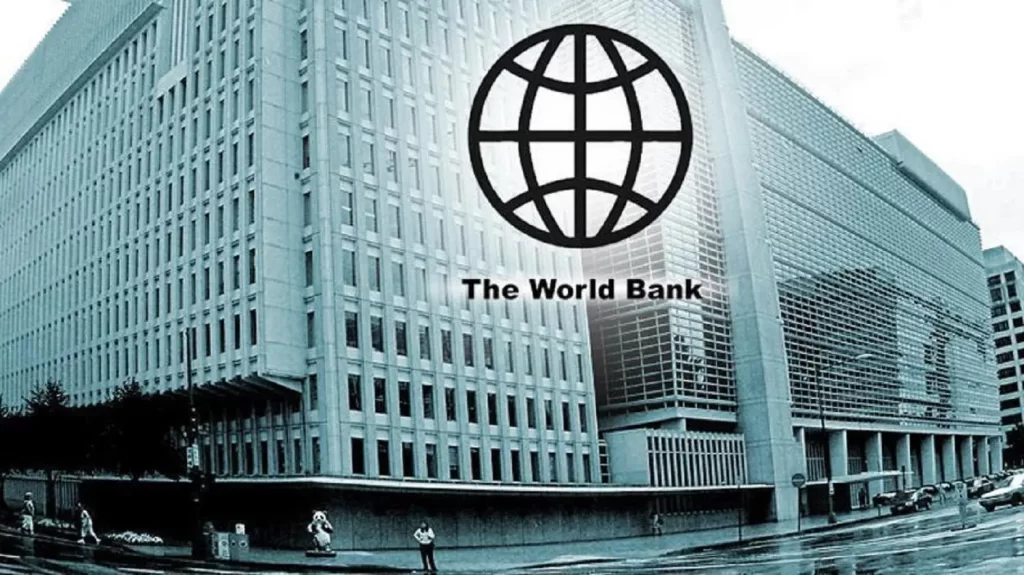Despite billions of naira reportedly spent annually on social protection schemes, less than half of Nigeria’s social welfare benefits reach the country’s poorest citizens, a new World Bank report has revealed.
The report, titled “The State of Social Safety Nets in Nigeria” and released in November 2025, paints a grim picture of inefficiency, poor targeting, and chronic underfunding in Nigeria’s social safety-net programmes — the very schemes designed to cushion vulnerable citizens from extreme poverty.
According to the World Bank, only 44 percent of total benefits from government-funded social protection initiatives actually reach the poor, even though the poor account for 56 percent of all beneficiaries.
“Safety nets expenditure is inefficient, with a smaller share of benefits going to the poor,” the report stated. “While 56 percent of beneficiaries are poor, only 44 percent of the total safety-net benefits go to them.”
The Bank attributed the shortfall to Nigeria’s benefit structure, where payments are made per household rather than per person. This design flaw, it noted, disadvantages poorer families, which are typically larger and must share meagre cash transfers among more members.
“Even for well-targeted programmes, the same benefit amount is divided over a larger number of people living in poorer households,” the report added.
The report revealed that Nigeria spends only 0.14 percent of its Gross Domestic Product (GDP) on social protection — far below the global average of 1.5 percent and the Sub-Saharan African average of 1.1 percent.
That underinvestment, according to the World Bank, has had “almost no impact” on poverty reduction. Combined, all of Nigeria’s social safety-net programmes have reduced the national poverty headcount by just 0.4 percentage points.
“The inadequacy of benefit levels, low coverage, and poor targeting all contribute to the negligible impacts of these safety nets,” the report warned.
The Bank also criticised the fragmented nature of the interventions, many of which are implemented by different tiers of government and religious bodies without coordination, thereby diluting their effectiveness.
Among the government’s flagship initiatives is the National Social Safety Nets Programme (NASSP), which uses the National Social Registry (NSR) to identify poor households for conditional cash transfers.
While the World Bank acknowledged that the NASSP has achieved better results than other schemes — reducing poverty among its beneficiaries by 4.3 percentage points — it still called for urgent scaling up and better funding to expand its reach.
It also noted that programmes like the National Home-Grown School Feeding Programme (NHGSFP), which targets individual pupils instead of households, are less affected by the dilution problem.
However, the school feeding initiative currently covers only pupils in grades one to three and lacks nationwide reach.
Perhaps most worrying, the World Bank warned that Nigeria’s social safety-net framework is heavily dependent on foreign donors. Between 2015 and 2021, donor assistance accounted for 60 percent of federal social protection spending, with the World Bank itself providing over 90 percent of that funding.
“There is an urgent need for Nigeria to find fiscal space for sustainable social safety-net programming,” the Bank cautioned. “At the current level of expenditure, there is almost no impact on poverty or inequality.”
Earlier this year, the Minister of Finance and Coordinating Minister of the Economy, Wale Edun, announced that the federal government was targeting 15 million households — around 70 million people — through a digital cash-grant scheme.
Edun disclosed that about 8.5 million households had already received at least one tranche of the ₦25,000 payment, with another 6.5 million expected to benefit before the end of the year.
However, the World Bank’s findings suggest that without reforms in programme design and increased funding, the government’s ambitious targets may not yield substantial relief for the poorest Nigerians.
The report recommended that Nigeria adopt a more data-driven approach, expand coverage to more households, and allocate benefits per individual rather than per household to ensure fairness and impact.
It also urged authorities to invest in the National Social Registry, now covering more than 85 million Nigerians, describing it as “a ready-made platform for transparent and equitable delivery of social assistance.”
Until such reforms are implemented, the World Bank warned, Nigeria’s social protection system will remain “too small, too shallow, and too inefficient” to make a real dent in the country’s poverty crisis.
Do you want to share a story with us? Do you want to advertise with us? Do you need publicity for a product, service, or event? Contact us on WhatsApp +2348183319097 Email: platformtimes@gmail.com
We are committed to impactful investigative journalism for human interest and social justice. Your donation will help us tell more stories. Kindly donate any amount HERE




